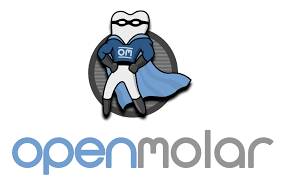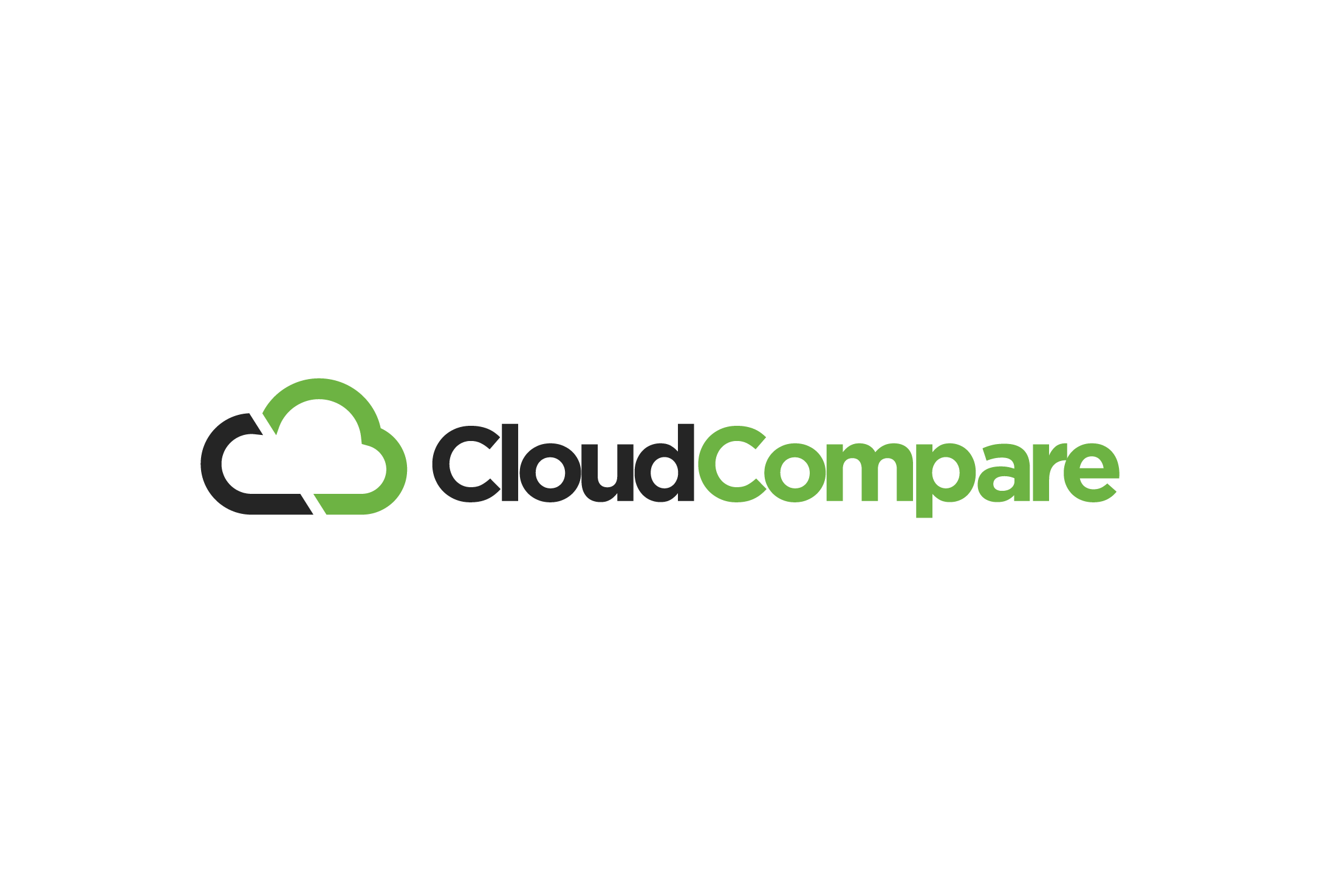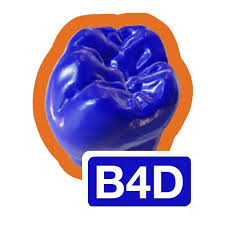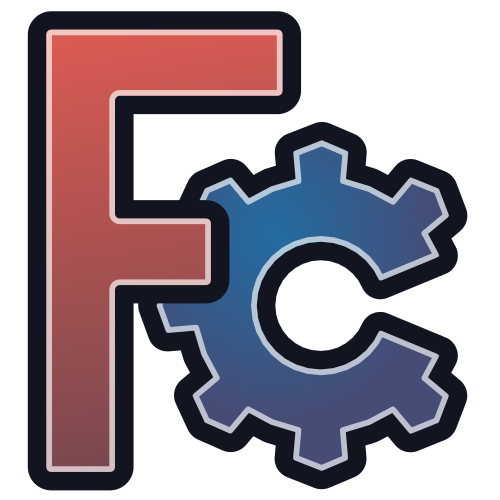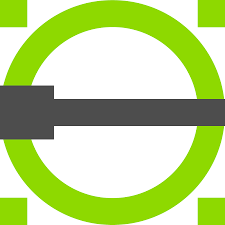OpenMolar: Open-Source Dental Practice Management
OpenMolar
OpenMolar is an open-source dental practice management system created to serve small and medium-sized dental clinics. Built originally in Python with a PostgreSQL backend, it focuses on providing core functionality without the overhead of commercial products. The system is lightweight, adaptable, and particularly valued in academic and community health environments where budgets are limited but structured patient records are still essential.
Core Characteristics
| Aspect | Details |
| Platform | Cross-platform (Linux, Windows, macOS with proper dependencies) |
| Database | PostgreSQL backend |
| Features | Patient registration, appointment scheduling, treatment charting, prescriptions, billing |
| Interoperability | Basic reporting and data export; integration requires custom development |
| Security | Relies on PostgreSQL user management, local encryption practices |
| Licensing | Open-source GPL |
| Deployment model | On-premises installation; no hosted edition provided |
Installation Guide
System requirements – Linux or Windows workstation/server; PostgreSQL (version 9.x or higher); Python environment with required libraries.
Download source code – Clone or download OpenMolar from the official repository.
Database setup – Create a PostgreSQL database and assign dedicated roles. Run the provided SQL schema files to initialize tables.
Application setup – Install Python dependencies from requirements.txt. Configure the application to point at the PostgreSQL instance.
Launching – Start the OpenMolar client application. Log in using PostgreSQL user credentials. Verify sample patient and appointment entries.
How It’s Used in Practice
OpenMolar is typically deployed in small clinics, teaching hospitals, or dental schools where administrators need affordable, transparent software. Because it is community-driven, customization is often handled locally — IT staff may adjust reports, build custom integrations, or tweak forms. While it lacks polished enterprise modules, its open architecture gives clinics room to experiment without vendor restrictions.
Deployment Notes
– Works best in Linux environments where PostgreSQL administration is common.
– Windows installations are supported but may require more dependency tuning.
– Backup and recovery rely on PostgreSQL-native tools like pg_dump.
– Documentation is community-maintained and can vary in completeness.
Real-World Scenarios
– Dental schools: Used in training labs where students record procedures on demo patients.
– Community clinics: Adopted by small organizations that cannot justify commercial licensing.
– Pilot projects: Tested by IT teams looking to evaluate open-source alternatives before selecting a full-featured commercial system.
Limitations
– Smaller developer and user community compared to commercial vendors.
– Limited interoperability with imaging systems or HL7/FHIR without custom work.
– Less user-friendly than commercial interfaces; requires technical involvement from IT staff.
– No formal enterprise support — relies on community forums and voluntary contributors.
Quick Comparison
| Tool | Distinctive Strength | Best Fit |
| OpenMolar | Free, lightweight, PostgreSQL-based | Clinics with limited budgets and technical staff |
| Open Dental | More features, commercial support | Practices seeking flexible open-source but with vendor backing |
| GNU Health (Dental Mod.) | Broader healthcare suite with dental | Multi-specialty clinics and hospitals |
| Dentrix (Commercial) | Polished UI, enterprise support | Large practices requiring vendor SLAs |

